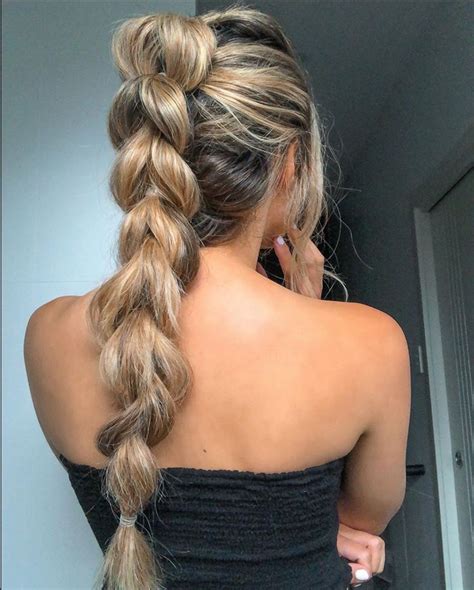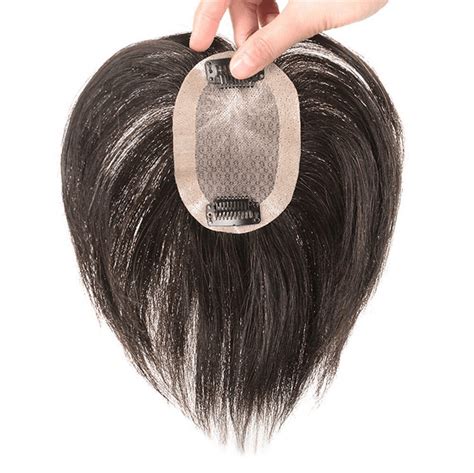Introduction
Tired of thinning hair or hair loss? Caps with hair attached offer a discreet and natural solution to restore your confidence and achieve your desired hairstyle. With advancements in hair technology, these hair toppers have become increasingly sophisticated, providing a wide range of options to meet your individual needs.

Types of Caps with Hair Attached
1. Mono Top Caps:
- Made of a single layer of mesh that mimics the scalp
- Create a realistic illusion of hair growing from the scalp
- Allow for styling versatility and breathability
2. Lace Front Caps:
- Feature a lace front that extends 1-2 inches beyond the hairline
- Provide a seamless and undetectable transition to your natural hair
- Offer more styling options, including bangs and updos
3. Full Lace Caps:
- Completely made of lace, providing maximum breathability and comfort
- Allow for the most natural-looking hairlines and scalp simulation
- Require professional installation and maintenance
4. Clip-In Caps:
- Convenient and easy to apply with small clips
- Offer temporary hair enhancement for special occasions or daily use
- Require careful placement and blending with natural hair
Benefits of Caps with Hair Attached
1. Concealment:
- Instantly hide thinning areas or bald patches
- Restore volume and thickness to fine or damaged hair
2. Confidence Boost:
- Improve self-esteem and confidence by providing a fuller, more youthful appearance
- Empower individuals to embrace their individuality without feeling self-conscious
3. Variety of Styles:
- Offer a vast selection of hair textures, lengths, and colors to match your natural hair
- Allow for customization and experimentation with different hairstyles
4. Convenience:
- Reduce styling time and maintenance compared to traditional hair extensions
- Easy to remove and reapply as needed
Pain Points and Common Mistakes to Avoid
Pain Points:
- Itching or scalp irritation due to prolonged wear or poor-quality materials
- Difficulty blending the cap with natural hair, resulting in an unnatural appearance
Common Mistakes:
- Choosing a cap that is too large or too small, leading to discomfort or slippage
- Overusing hairspray or styling products, which can damage the cap
- Not maintaining the cap properly, causing it to become tangled or lose its shape
Why Caps with Hair Attached Matter
Medical Reasons:
- Help individuals with alopecia, chemotherapy-induced hair loss, or other medical conditions that cause hair thinning
- Provide a discreet way to cover scars or other imperfections on the scalp
Fashion and Lifestyle:
- Enhance appearance and boost confidence for special occasions
- Experiment with different hairstyles without damaging your natural hair
- Convenient for busy individuals who want a quick and easy way to achieve a fuller look
How Caps with Hair Attached Benefit You
Improved Hair Health:
- Protect your natural hair from the damaging effects of heat styling and chemical treatments
- Allow your hair to rest and recover while wearing the cap
Versatility:
- Create multiple hairstyles, including buns, ponytails, and braids
- Switch between different caps to match your outfit or mood
Time-Saving:
- Reduce the need for frequent haircuts or touch-ups
- Save time on styling and maintenance
Tables
Table 1: Types of Caps with Hair Attached
| Type | Description | Advantages | Disadvantages |
|---|---|---|---|
| Mono Top | Single layer of mesh, realistic scalp simulation | Breathable, versatile | Less natural hairline |
| Lace Front | Lace front that extends beyond the hairline | Seamless transition, multiple styling options | Requires professional installation |
| Full Lace | Made entirely of lace | Maximum breathability, natural-looking | Requires specialized maintenance |
| Clip-In | Clip-on construction | Easy application, temporary | Limited styling options, blending challenges |
Table 2: Benefits of Caps with Hair Attached
| Benefit | Importance | Description |
|---|---|---|
| Concealment | Confidence builder | Hide thinning areas, enhance volume |
| Confidence Boost | Emotional well-being | Improve self-esteem, reduce self-consciousness |
| Variety of Styles | Self-expression | Match natural hair, experiment with different looks |
| Convenience | Practicality | Easy to apply, reduce styling time |
Table 3: Common Mistakes to Avoid
| Mistake | Consequences | Solution |
|---|---|---|
| Choosing the wrong size | Discomfort, slippage | Consult a professional for proper fitting |
| Overusing styling products | Cap damage | Use products in moderation |
| Improper maintenance | Tangles, loss of shape | Follow manufacturer’s instructions for cleaning and storage |
Table 4: Tips for Choosing the Right Cap
| Factor | Considerations | Importance |
|---|---|---|
| Hair Type | Texture, length, color | Match your natural hair |
| Head Size | Circumference measurement | Ensure a comfortable fit |
| Lifestyle | Activities, frequency of wear | Choose a cap that suits your daily routine |
| Budget | Price range | Determine affordability and value |
Conclusion
Caps with hair attached offer a transformative solution for individuals seeking to address hair loss, enhance their appearance, or simply experiment with different hairstyles. With a wide range of types and benefits available, it’s essential to understand your needs and choose a cap that aligns with your lifestyle and aesthetic goals. By embracing the versatility and convenience of caps with hair attached, you can regain your confidence and unlock endless hair possibilities.
Creative New Word: “Hairnchanting”
Coined from “hair” and “enchanting,” this word describes the magical transformation and empowerment experienced by those who discover the benefits of caps with hair attached.
